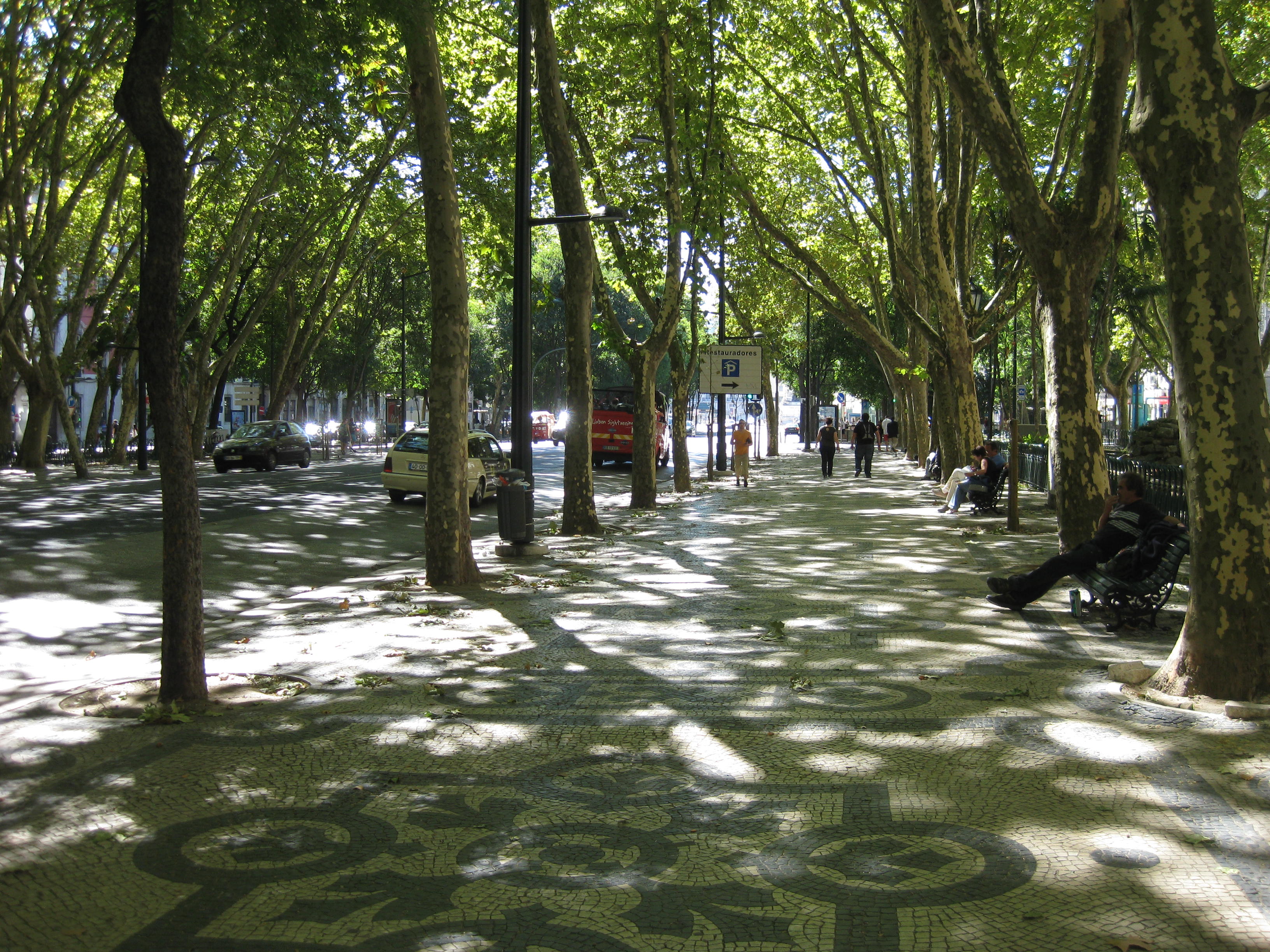Exercising And Living Near Trees Is Good For You

Spending time outdoors in green spaces has psychological and physical benefits. Just having a walk outside amongst nature has been shown to release endorphins and help reduce depression. A study has found that experiencing nature may improve mental well – being and that this is particularly beneficial to people living in urban areas who have access to and use green spaces. People living in a greener environment report fewer health complaints and better mental health.
All types of green space e.g. city parks, farms, allotments, forests etc. were found to be equally beneficial. Cognitive function may also improve. In a study of 2,600 children between the ages of 7 and 10 those who had more exposure to green spaces, particularly when at school had improved memory and good concentration.
A study in 2014 found that school children with greater amounts of vegetation scored higher on tests in English and Maths. Older people who spend more time outdoors have been found to have less pain, sleep better, and have less functional decline in their ability to carry out their daily activities.
Increasing trees is good for your health because it helps deal with air pollution. According to the World Health Organisation (WHO) air pollution in both cities and rural areas caused an estimated premature deaths of 3.7 million worldwide in 2012. The majority of these were due to heart disease and strokes.
Trees remove air pollution by the uptake of pollutants via leaf stomata, which are pores on the outer layers of the leaf. Some gaseous pollutants are also removed through the plant surface. Trees have helped to remove millions of tons of air pollution.
A study in London found that an area six by six miles with 25 per cent tree cover could remove more than 90 tons of particulate matter annually. This could lead to the avoidance of two deaths and therefore possibly two hospital admissions.
Trees might encourage you to get out more. They are known to promote physical activity among people and exercising outdoors among trees has unique benefits above and beyond indoor exercise. Physical activity outdoors for as short a time as five minutes leads improvements in mood and self esteem. Cortisol (the stress hormone) has been found to be lower in people who exercise outdoors as opposed to those who exercise indoors.
Exercising and playing outdoors has been found to be helpful for children with behavioural problems too. It also helps them to appreciate nature more and is important for human development and well being.
People who spend a lot of time outside also experience a wealth of positive emotions, including peacefulness, happiness, and a sense of belonging to the world.
These studies may not be completely correct but I think most people know the pleasure that being outside amongst nature in all its different forms can give.


